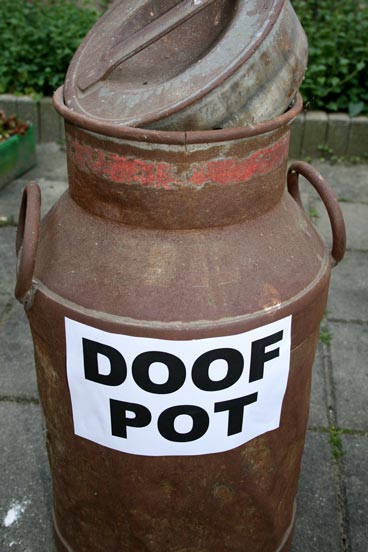That’s what The Guardian is speculating:
Gordon Brown will announce by the autumn a “long” inquiry into the Iraq war, indicating that the potentially embarrassing report will be delayed until well after the general election expected next year.
Ministers have decided that the inquiry should be wide-ranging, possibly dating back to Margaret Thatcher’s tacit support for Saddam Hussein during the Iran-Iraq war in the 1980s. Its main focus will be on the conduct of the 2003 war and the breakdown of law and order afterwards.
David Lidington, the shadow foreign minister, said: “I think the government are determined to avoid the report being published before the general election. But they do not have even a figleaf of an excuse for a further delay.”
Brown has agreed that an inquiry will be held after the withdrawal of all British combat troops from Iraq, which must take place by 31 July. Government sources insist that no final decisions have been made on the format and timing of the inquiry, though it is expected to meet in private and to be given a lengthy timetable.
Which is depressing enough, but the most depressing bit comes at the end of the article:
Tony Blair would probably welcome any delay in publishing the report. The former prime minister is making active plans to assume the new role of president of the European Council if Irish voters pass the Lisbon treaty in a referendum this autumn.
That this is even a realistic prospect is enough to make you want to slit your wrists (down, not across).
